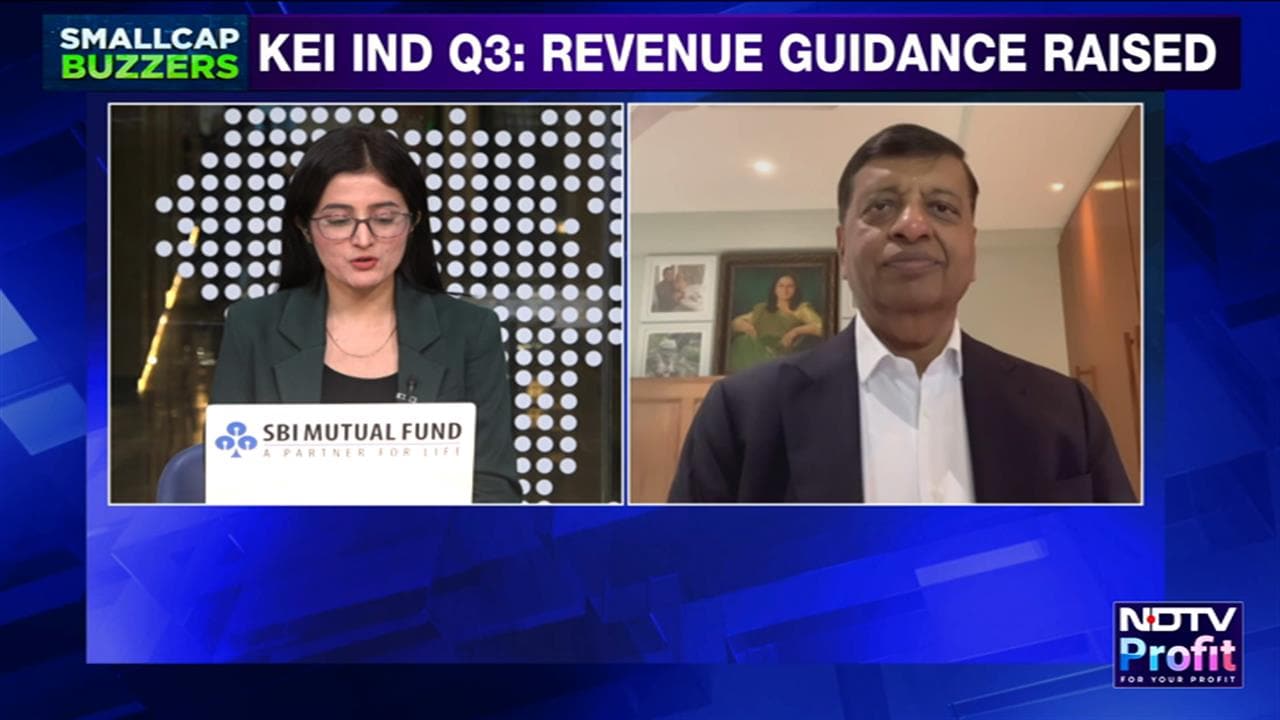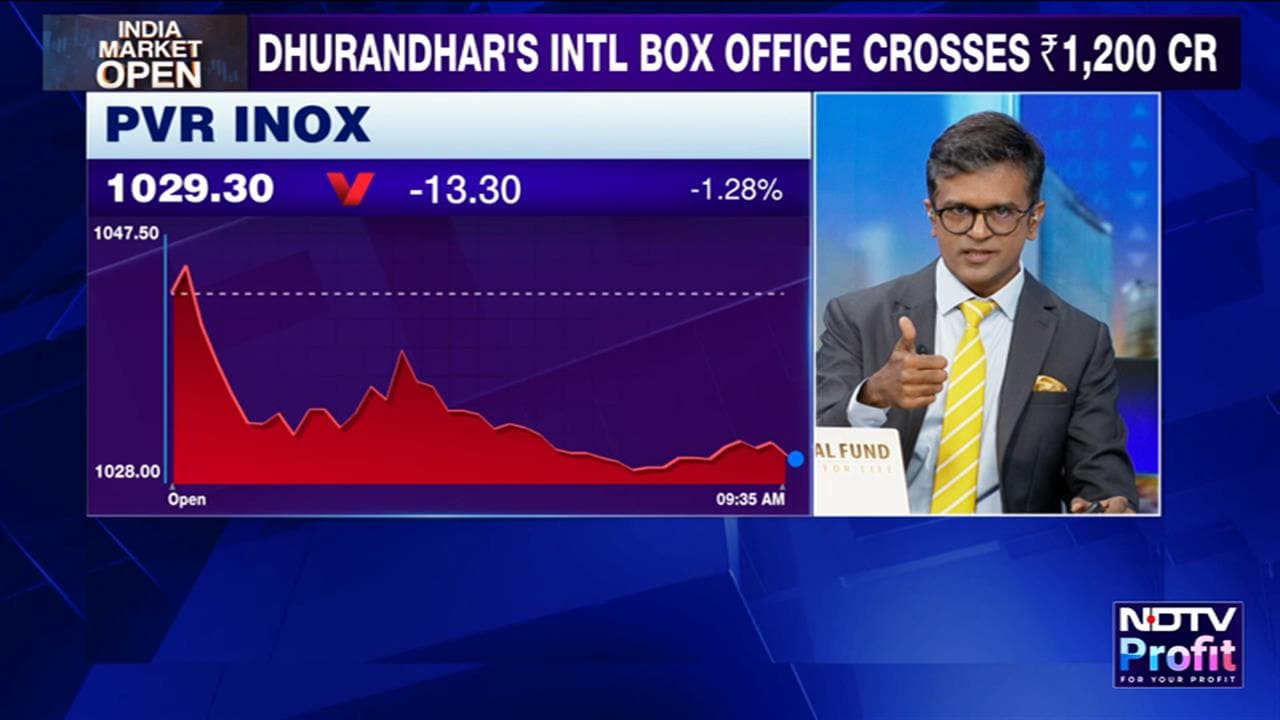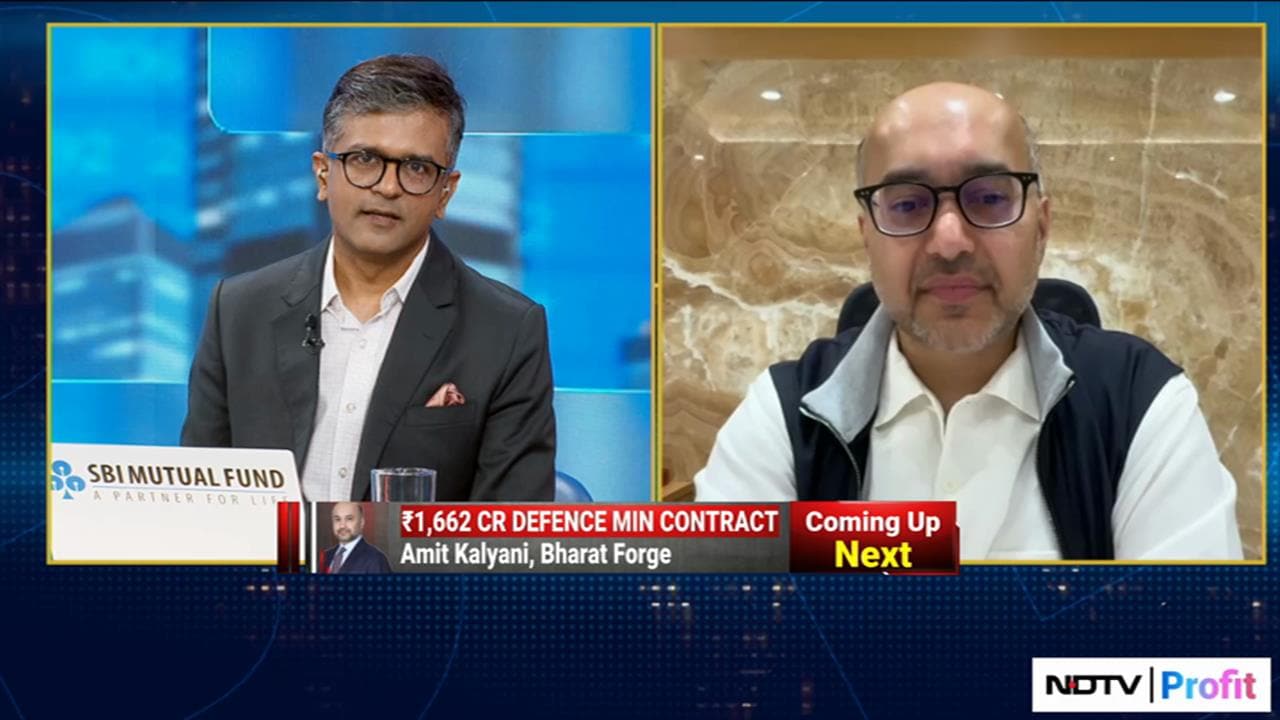
The role of the school is to educate not just students but also parents, according to Praneet Mungali, trustee of Sanskriti Schools. "Schools play a vital role in a child's nutritional choices," he told NDTV Profit after the Central Board of Secondary Education, on May 17, directed affiliated schools to establish 'sugar boards' to monitor and reduce students' sugar intake.
The CBSE has noted that there has been a significant increase in Type 2 diabetes among children, a condition once primarily seen in adults, over the past decade.
Revant Himatsingka, also known as Foodpharmer, echoed the concern, stating, "Childhood obesity is really rising in India."
"This alarming trend is largely attributed to high sugar intake, often due to the easy availability of sugary snacks, beverages and processed foods within school environments. The excessive consumption of sugar not only increases the risk of diabetes but also contributes to obesity, dental problems and other metabolic disorders, ultimately impacting children's long-term health and academic performance," the CBSE said in a letter to school principals.
What Is A Sugar Board?
The schools have been asked to establish 'sugar boards' where information is displayed to educate students about the risks of excessive sugar intake.
Popular YouTuber Foodpharmer shared his thoughts on the concept of the Sugar Board, saying, "My idea was to simplify the concept in a way that even a 6- to 8-year-old child would want to learn. The earlier you teach someone, the easier it is to break unhealthy habits. The idea behind the Sugar Board is to display sugar content using simple, engaging graphics so that once kids see it, they'll remember it for the rest of their lives."
"We're starting with Sugar Boards, but this is just the first of many such initiatives," Himatsingka added.
CBSE issued the direction after a nudge by the National Commission for Protection of Child Rights— a statutory body formed to ensure that rights of children, especially those who are most vulnerable and marginalised, are protected.
Will This Work?
Mungali noted that "Encouraging students to choose healthier alternatives over unhealthy, easily available options and to try to exercise impulse control is something that we all should work on."
"We are going to measure this a year down the line to do some national-level statistics to see whether there has been any actual level change in consumption pattern," he highlighted.
A lot more is required to control childhood obesity than just a sugar board, according to Dr Anoop Misra, Chairman, Fortis C-DOC. "If we are targeting only sugar, then we are targeting only 20% of the bad food."
Misra shared that unless we have the involvement of parents, school teachers and also government initiatives to decrease saturated fat in the various types of food and decrease sugar in beverages, this will not be sustainable.
"We have to smartly work on these things by making a comprehensive programme that includes teachers and parents and targets a certain age to see the impact. Then measure weight and waist circumference in those schools for over 6 months to see what the impact is," he noted.
Watch LIVE TV, Get Stock Market Updates, Top Business, IPO and Latest News on NDTV Profit.























